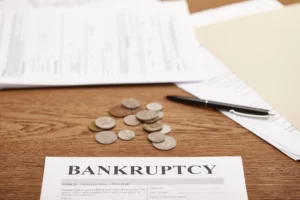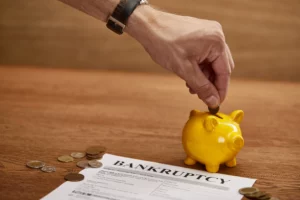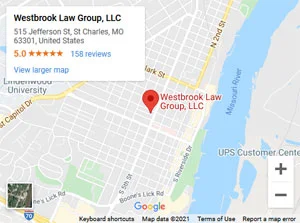The Sixth Circuit Court of Appeals decided a case last month limiting a defendant’s ability to use the automatic stay to suspend judicial proceedings. Specifically, the Court held that the automatic stay did not apply to a contempt proceeding against a debtor for violating an injunction.
Dominic’s Restaurant of Dayton, Inc. v. Mantia involved a family dispute regarding the use of a once-family owned restaurant. In 1957, Dominic Mantia opened an Italian restaurant in Dayton, Ohio, called “Dominic’s.” Dominic operated the restaurant with his son Dick and Dick’s wife, Anne, for 50 years. Dominic and Dick had since passed away, and the restaurant closed in 2007, but Anne continued to market sauces and other food products as “Dominic’s Foods of Dayton.”
Christine Mantia, Dominic’s granddaughter, sold her interest in the original business and planned to open a new incarnation of Dominic’s with Reece Powers and Harry Lee, a former chef at the original restaurant. They marketed the new restaurant as bringing back the old Dominic’s recipes and registered the business with the Ohio Secretary of State as “Dominic’s Restaurant, Inc.”
Anne Mantia and the original company (Dominic’s Foods) brought an action in federal district court claiming that the new venture was infringing and diluting their trademark in violation of federal law, as well as state law claims of unfair practices, unfair competition, tortious interference with contract, conversion, misappropriation of business property, and breach of contract, among others. The plaintiffs sought injunctive relief to keep Christine and her associates from operating the restaurant in the form of a temporary restraining order, a preliminary injunction, and a permanent injunction, as well as damages. The district court granted the temporary restraining order against the defendants ordering them to not use any form of the Dominic’s branding in the new venture. The Court also later granted the preliminary injunction, limiting how and under what name the restaurant could operate and required that the defendant submit any menu used for court approval.
The plaintiffs repeatedly moved to hold the defendants in contempt for violation of the Court’s orders. Ultimately, the court granted a default judgment against the defendants for not complying with the discovery schedule set by the court. Powers claimed that all proceedings against him should have been stayed due to his pending bankruptcy filing. The district court rejected that claim, and Power appealed to the Court of Appeals.
The Appellate court affirmed the district court’s decision, holding that the automatic stay should not apply to contempt proceedings stemming from violation of court orders. Powers argued that the automatic stay should have applied to this case, as it was a judicial proceeding, he is a bankruptcy debtor, and the plaintiffs had commenced this action prior to his filing for bankruptcy. The Court disagreed with Powers, reasoning that the plaintiffs were neither creditors nor claimants to his property, and that the automatic stay exists to protect interests in a debtor’s property, not tortious uses of that property. The Court further explained that the automatic stay was not a tool that debtors could use to continue to violate court orders with impunity.
The lesson to learn from this case is that not all judicial proceedings are covered by the automatic stay. It seems that here, the Court was most concerned about stripping a court’s power to compel compliance with its orders by allowing a defendant to use the automatic stay as a shield. That being said, for a debtor, the automatic stay can stop all collection activity, including legal action aimed at collecting unpaid debts.
If you are experiencing financial difficulty and feel that bankruptcy is an option you should explore, call the Westbrook Law Group today for a free consultation at (636) 493-9231. You can also fill out our online contact form to the right and a member of our staff will be in touch with you shortly. Our experienced St. Louis bankruptcy attorneys are well-versed in helping people in financial trouble. Remember, your solution starts here.






